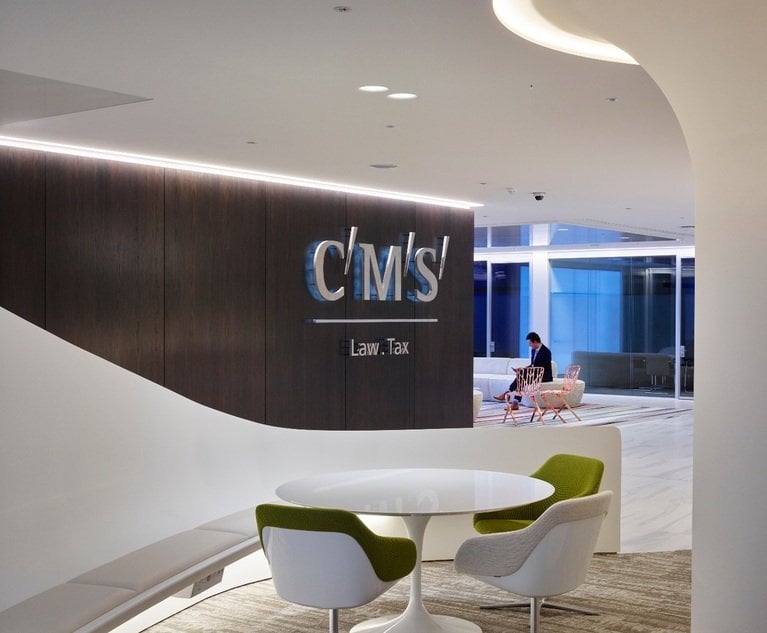A French court has ruled that Amazon France must pull back on its operations and deliver only essential goods such as food and health care materials until it can evaluate workers’ risks of coronavirus exposure.
Amazon said it plans to appeal the ruling but in the meantime would close its six warehouses in France from April 16 to 20. The company employs about 10,000 people at its six French warehouses, 6,500 of whom are on permanent contracts, according to the court decision. Employees will be paid their full salaries during the closure, the company said.
The court, located in Nanterre outside of Paris, said the limiting measures were necessary because Amazon France had “failed to recognize its obligations regarding the security and health of its workers.” It also said it would impose a fine of €1 million ($1.1 million) a day for each day the company failed to comply with the order.
Regardless of the outcome of Amazon’s appeal, lawyers said the ruling provides a blueprint, and a warning, for companies doing business in France during the COVID-19 crisis.
“Companies should not underestimate the strict nature of the controls carried out in these periods, irrespective of the results,” said Sylvie Gallage-Alwis, a partner and specialist in employee health and safety at Signature Litigation in Paris.
Gallage-Alwis noted that the ruling and the size of the fine showed that French courts will not wink at safety shortcuts even if a company is providing an essential service.
She said it also sets out standards for companies to defend themselves against claims of negligence: institute proper safeguards and procedures and document them.
“In these times, companies tend to focus on the results rather than on the formalism of the means implemented to achieve such results,” she said.
Although the ruling contained no mention of whether any Amazon workers had become ill with COVID-19, the court criticized the company for failing to follow rules and procedures to ensure that workers do not fall ill. Amazon also failed to provide concrete evidence that it had implemented safety measures and trained workers properly to apply them, according to the ruling.
The court ruling stems from a lawsuit filed by Union Syndicale Solidaires, a French group of trade unions, following complaints by its members of unsafe conditions at five Amazon warehouses in France. Since the complaint was filed, three warehouses have improved conditions, according to the ruling.
As containment measures have been extended in France and elsewhere, Amazon and other e-retailers are experiencing high demand for nonessential goods, from home-improvement kits to yoga mats, as locked-down consumers look to keep busy at home.
That increase in demand, the union asserted, had led to crowded conditions in Amazon warehouses and lax enforcement of hygiene guidelines, such as social distancing and proper storage of personal effects.
While the French court ruled that Amazon’s delivery of nonessential items was within the bounds of entrepreneurial freedom guaranteed by French law, it agreed with the union that Amazon should be doing more to protect worker safety.
The court also found that Amazon did not respect French labor rules requiring companies to include worker representatives in discussions of health and safety measures before they are imposed.
In a statement, Amazon said it has already implemented safety measures, including “temperature checks, masks, and enforced social distancing which have received the approval of health and safety representatives at multiple sites.”
Amazon is also facing criticism in the United States over the health and safety of workers as it faces increasing demand for its services during the pandemic.
NOT FOR REPRINT
© 2024 ALM Global, LLC, All Rights Reserved. Request academic re-use from www.copyright.com. All other uses, submit a request to [email protected]. For more information visit Asset & Logo Licensing.
NOT FOR REPRINT
© 2024 ALM Global, LLC, All Rights Reserved. Request academic re-use from www.copyright.com. All other uses, submit a request to [email protected]. For more information visit Asset & Logo Licensing.










